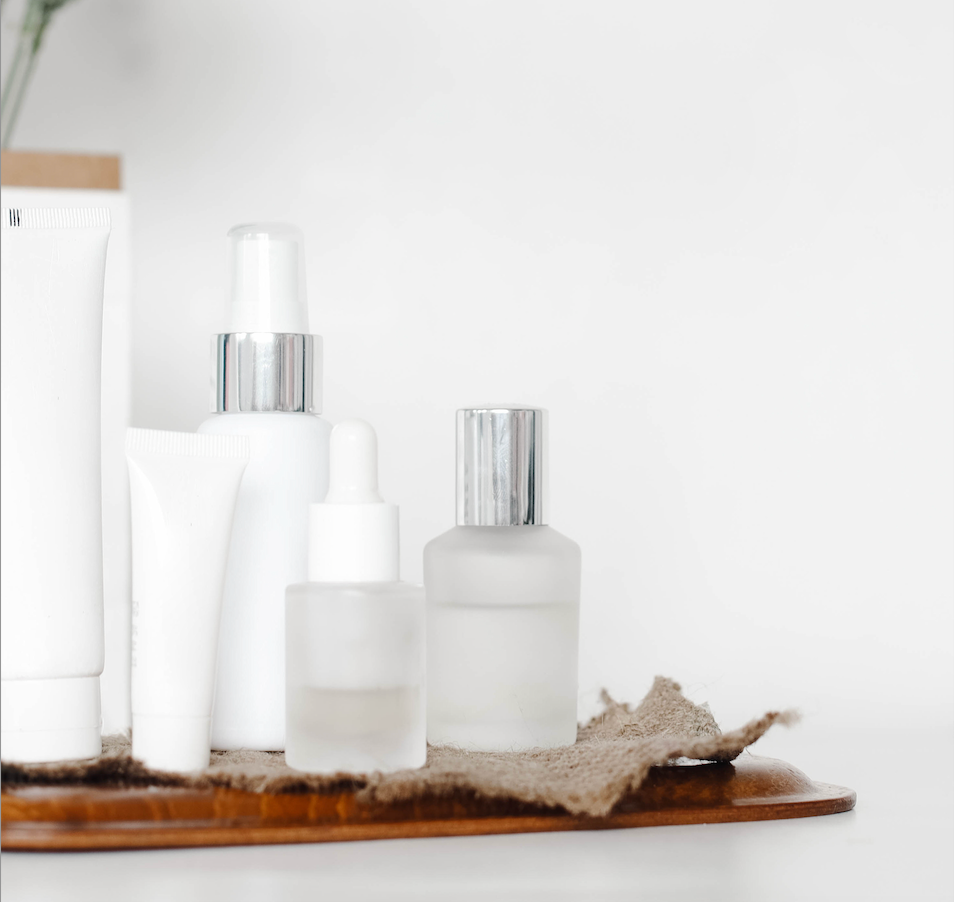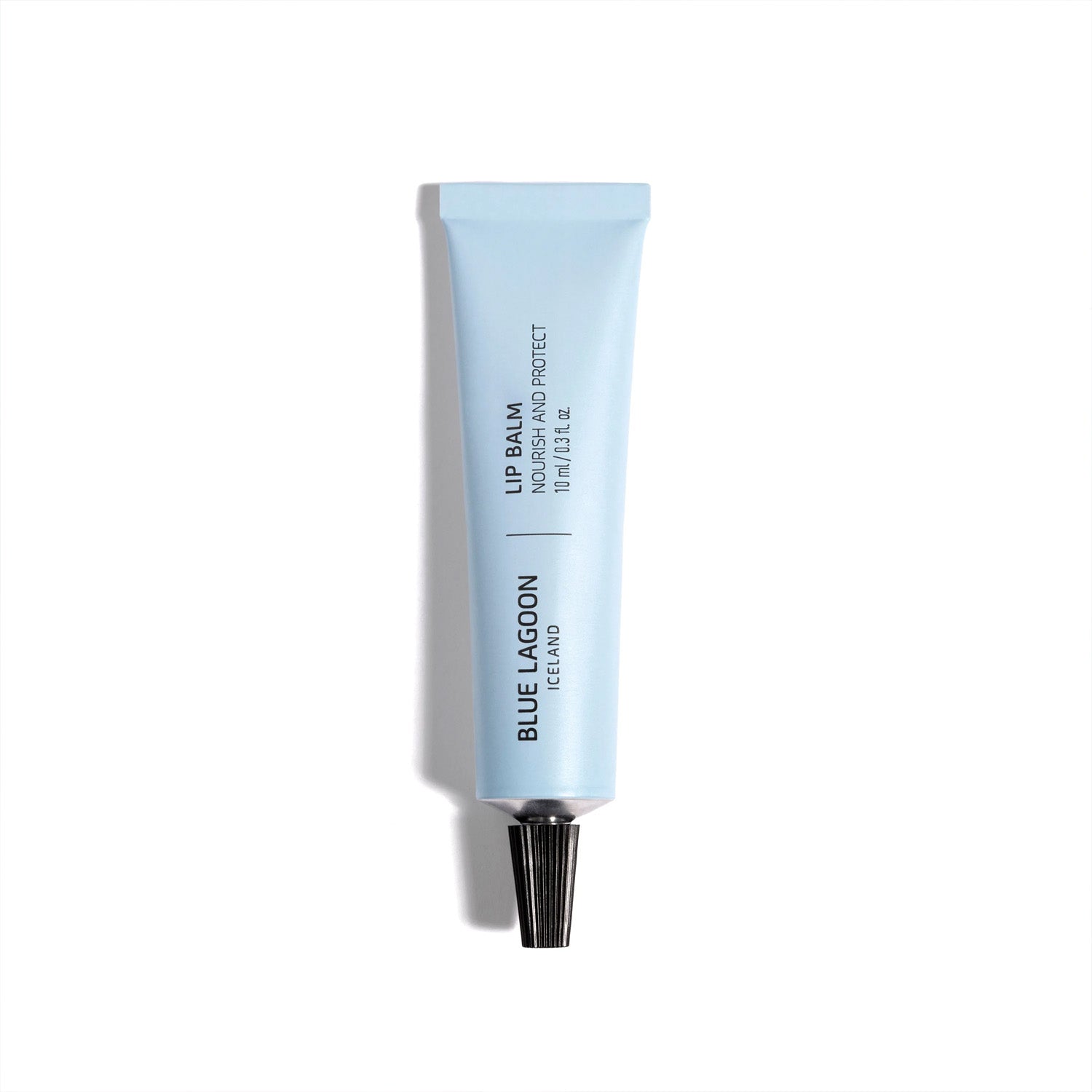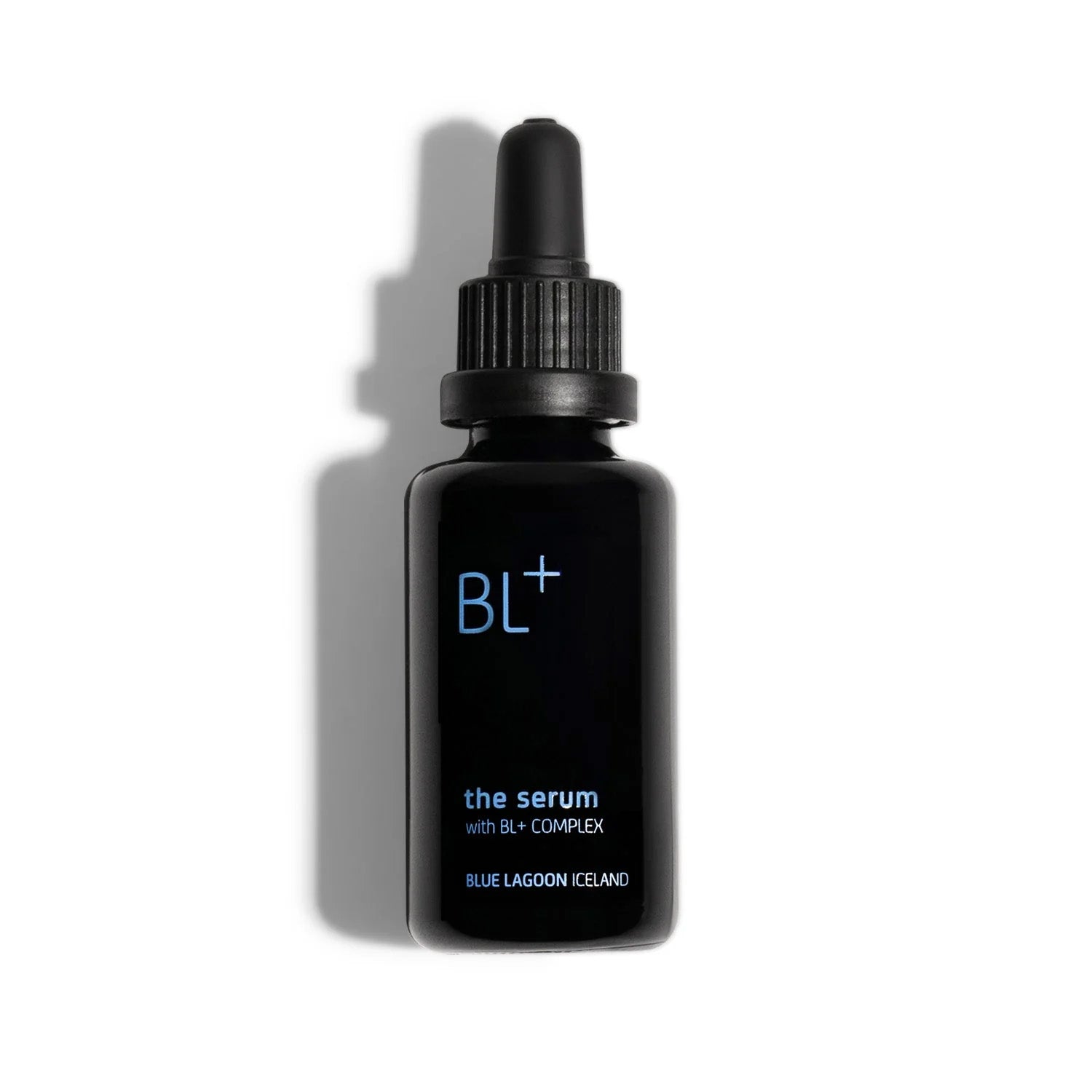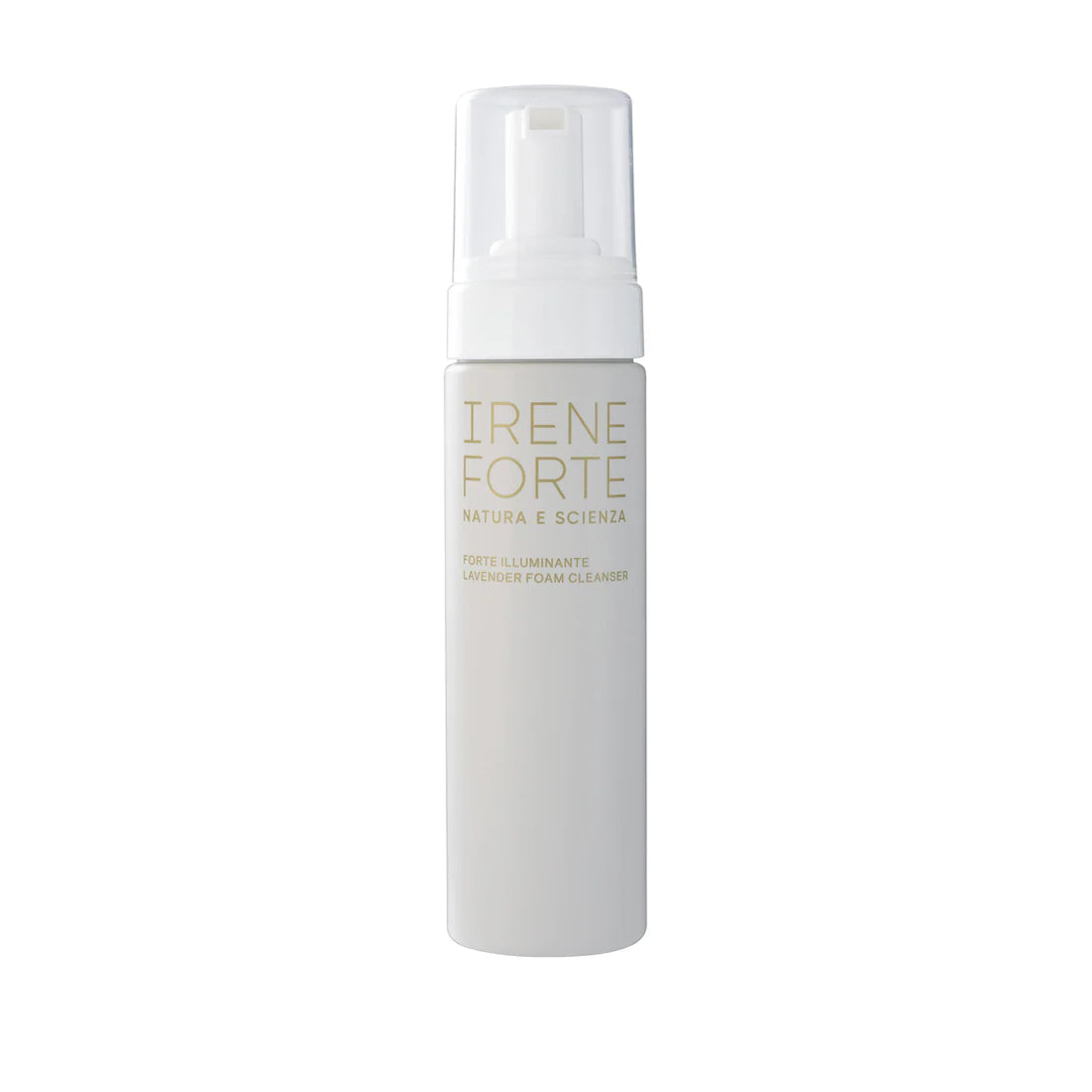
The internet can be a veritable pandora's box of misinformation. People are prone to blindly believing the information about beauty products they come across on their feeds without fact-checking. From DIY remedies to all-natural skincare claims, many so-called "facts" may be doing more harm than good. The truth is, not everything labeled as "natural" is necessarily better for your skin, and some myths could be keeping you from achieving your healthiest glow.
In this blog, we debunk the most common skincare myths and set the record straight on what works when it comes to natural beauty. Ready to dive in?
MYTH 1: Natural Ingredients Are Always Better For Your Skin
The common misconception is that everything natural is always good is a generalized concept that we have been socially conditioned to believe. But in the case of skincare, this isn't always true.
The USFDA does not have any clear regulations on who can and cannot use the label “natural” on their products. Additionally, just because a product contains naturally sourced ingredients—such as plant-based elements or naturally occurring substances not synthesized in a lab—does not guarantee it is superior.
Many so-called “natural” ingredients can be harmful. For example, ingredients like essential oils, lanolin (derived from sheep wool), or any components originating from food substances to which a person is allergic can cause significant irritation to the skin.
Truth
This doesn't imply that we should completely avoid natural ingredients in skincare. Clean beauty can be achieved when natural ingredients are used following a thorough research and scientific testing!

MYTH 2: You Don’t Need Sunscreen If You’re Indoors or It’s Cloudy
It does feel like a good sunscreen is an overrated product, but rightfully so! Not wearing sunscreen could lead to problems, including but not limited to skin cancer, sunburns, wrinkles, and aging.
The ultimate function of sunscreen is to protect us from the sun's harmful ultraviolet rays and the negative effects they cause. These rays can easily pass through most windows and clouds without much effort. The ultraviolet rays are majorly divided into two types; UVA and UVB. The wavelength of ultraviolet A (UVA) is longer. Although it can result in sunburn, it is primarily linked to tanning and skin aging. The wavelength of ultraviolet B (UVB) is shorter. It is typically associated with sunburn. While UVA and UVB rays have different effects on the skin, they are both harmful.
Truth
The American Academy of Dermatology (AAD) recommends that everyone use a sunscreen that provides broad-spectrum protection (protects against UVA and UVB rays), SPF 30 or higher, and water resistance. This means we need to use sunscreen when indoors and outdoors.
MYTH 3: Oily Skin Doesn’t Need Moisturizer

We often assume that oily skin doesn’t need moisturizer because it already appears greasy—after all, why add more moisture to an already shiny surface?
But let us take a look at the science behind oily skin! People with an oily skin type have excess sebum production in their skin due to a variety of reasons. This is only exacerbated when there is a lack of hydration; the absence of enough hydration in the skin causes more sebum to be secreted. So, people with oily skin need to use a lightweight moisturizer to hydrate the skin while ensuring it doesn’t appear greasy. To achieve the ultimate clean beauty look for oily skin, try the serum cream from Sound Renewal or the Tinted Matte Balm from Terra.
Truth
MYTH 4: DIY Skincare Is Just as Effective as Professional Products
Truth
This does not mean that DIY skincare is all bad. One can incorporate DIY skincare in their routine in safe ways to achieve clean beauty by avoiding certain ingredients such as lemon juice, raw eggs, olive oil, etc. We just need to be aware of the science-backed skincare facts and know when to incorporate store-bought and homemade products into our skincare routine.
MYTH 5: Expensive Skincare Is Always Better
Shop the Curated Collection from Sommetbeauty
Truth
There are cheaper options that offer just as good results as their expensive counterparts, like Bioactive Mask by Lesse and Rose Pearl Hydra Mask which can be lighter on the wallet if you’re looking for clean and efficient face masks.
MYTH 6: Drinking More Water Alone Clears Your Skin
Who hasn’t heard enough about how drinking water solves all our dermatological problems? While this may not be completely true, it still holds some weight. Hydration is extremely important for skin health; if you look at any natural beauty tips, it would talk of the importance of hydration. Keeping the skin hydrated is not just a feat of dietary water intake but also using hydrating moisturizers and serums. In addition to using the right products and maintaining your water intake, we can also incorporate treatments that meet our hydration needs into a routine, such as hydra facials, derma planning, etc.
Truth
While staying hydrated is essential for overall health, simply drinking more water won’t magically clear your skin. Skin hydration comes from a combination of factors, including proper skincare, a balanced diet, and external hydration through moisturizers and serums.
MYTH 7: Natural Oils Work for Everyone
Pimples are caused by comedones, which is a fancy term for clogged pores. Therefore, when incorporating oils into our routine, we need to follow well-researched skincare tips and learn the difference between comedogenic and non-comedogenic oils. Comedogenic oils may clog your pores, resulting in comedone eruption.
Truth
Oils like coconut oil are highly comedogenic and cause acne breakouts and make existing acne worse if any. Noncomedogenic oils don’t have this effect. Grapeseed oil, neem oil, and hemp seed oil are a few examples of non-comedogenic oils.
MYTH 8: You Shouldn’t Use Retinol If You Have Sensitive Skin
There is no definitive reason for people with sensitive skin to avoid retinol. If used properly, retinol can be a great addition to your routine. Retinol needs to be introduced gradually in small doses without overwhelming the skin for it to work effectively. Additionally, alternatives like bakuchiol, niacinamides, and azelaic acid can be used for people who cannot tolerate retinol.
Truth
Sensitive skin doesn’t have to mean skipping retinol altogether. When introduced gradually and in lower concentrations, retinol can be a powerful yet manageable addition to your skincare routine. Buffering it with a gentle moisturizer and using it only a few times a week can help minimize irritation.
MYTH 9: Pores Can Open and Close
One of the most infamous myths is that our pores are neither opened nor closed; they never have been and never will be. But certain factors, like congestion and loss of collagen as we age, can cause the appearance of the pores to be more enhanced. It is true that steaming aids in removing dirt particles and sebum accumulation from inside the pores. Cleansing after steaming does give the skin a "clean" appearance, but it does not open or close the pores. The best method to keep pores clear and unclogged is to regularly cleanse and exfoliate to remove the buildup of dead skin cells, makeup, sebum, and dirt. Cleaner pores are less noticeable.
Truth
Pores don’t have muscles, so they can’t physically open or close. What happens is that pores can appear larger when they’re clogged with dirt, oil, and dead skin cells. Steam and warm water help loosen debris, making pores look less noticeable, but they don’t "open" them. Similarly, cold water or toners may temporarily tighten the skin, making pores seem smaller, but they don’t shrink.
MYTH 10: The More Skincare Products, the Better
Although there are many skin care products available, using too many of them is not always efficient. Overconsumption of beauty products, be it clean beauty or otherwise, carries a risk of aggravating pre-existing conditions or irritating your skin in addition to the associated expense. Using too many skincare products and following elaborate routines may end up with product buildup and over-exfoliation of the skin, which might result in frequent breakouts, redness, itchiness, loss of skin barrier, etc.
Truth
It is crucial to identify our skin type and create a basic skincare regimen that works for us. Choosing a single product that addresses several issues rather than using multiple different ones can go a long way.
Build your Skincare Routine With Sommetbeauty
If you got till here, we attempted to debunk most of the major myths that are ubiquitous. It is crucial to do our research before buying products. Fortunately, more brands are committed to making science-backed products while also providing an ergonomic experience of clean beauty.
Sommetbeauty is equipped with the most talented estheticians and a wide range of well-researched luxury products that are a treat for your skin. It is your one-stop shop for all your skin care needs. Skincare doesn’t have to be scary and complicated and we work towards crafting a more welcoming environment in beauty and skincare. Come stop by or check out our curated range of products!




